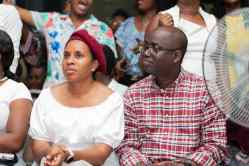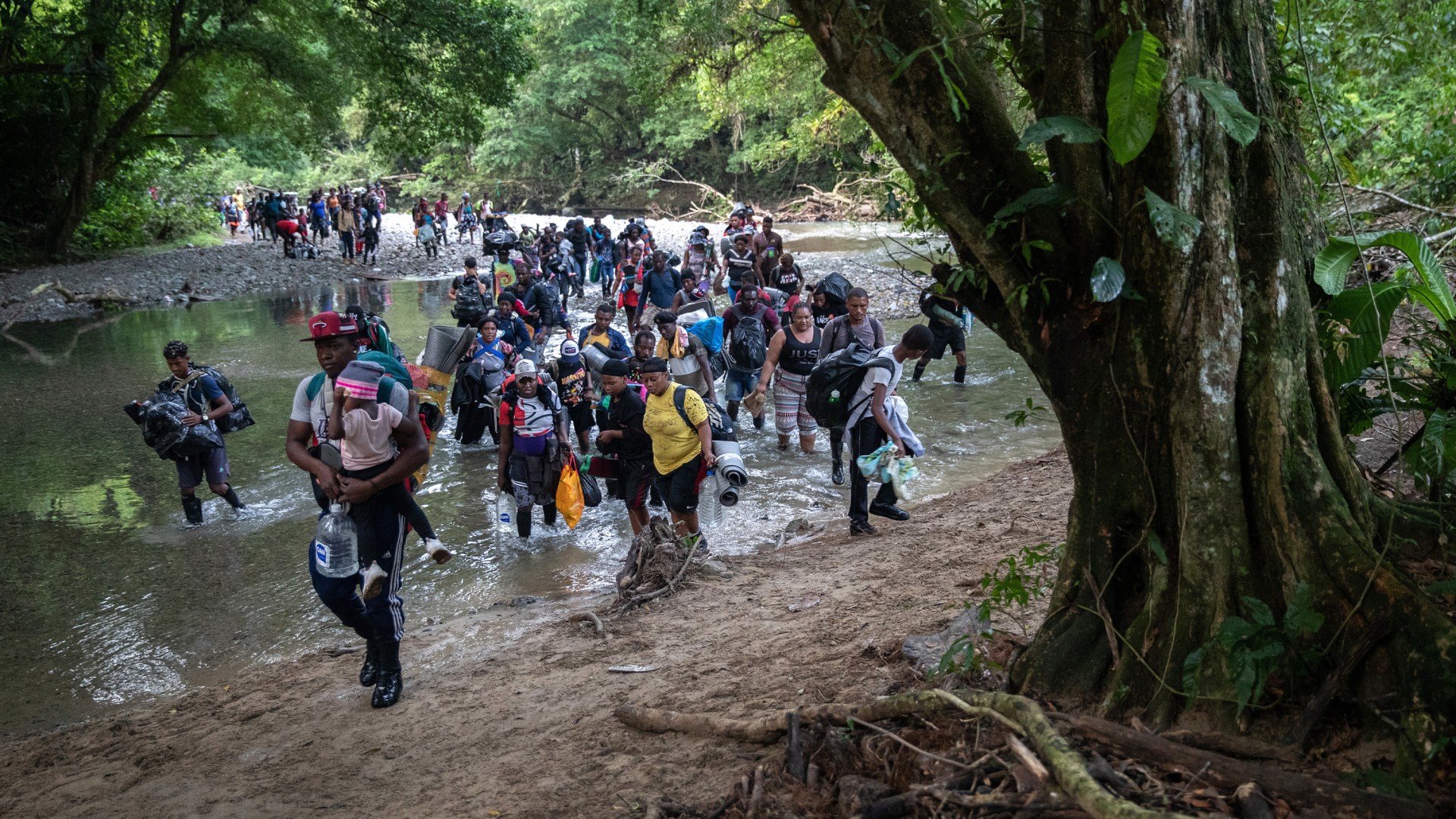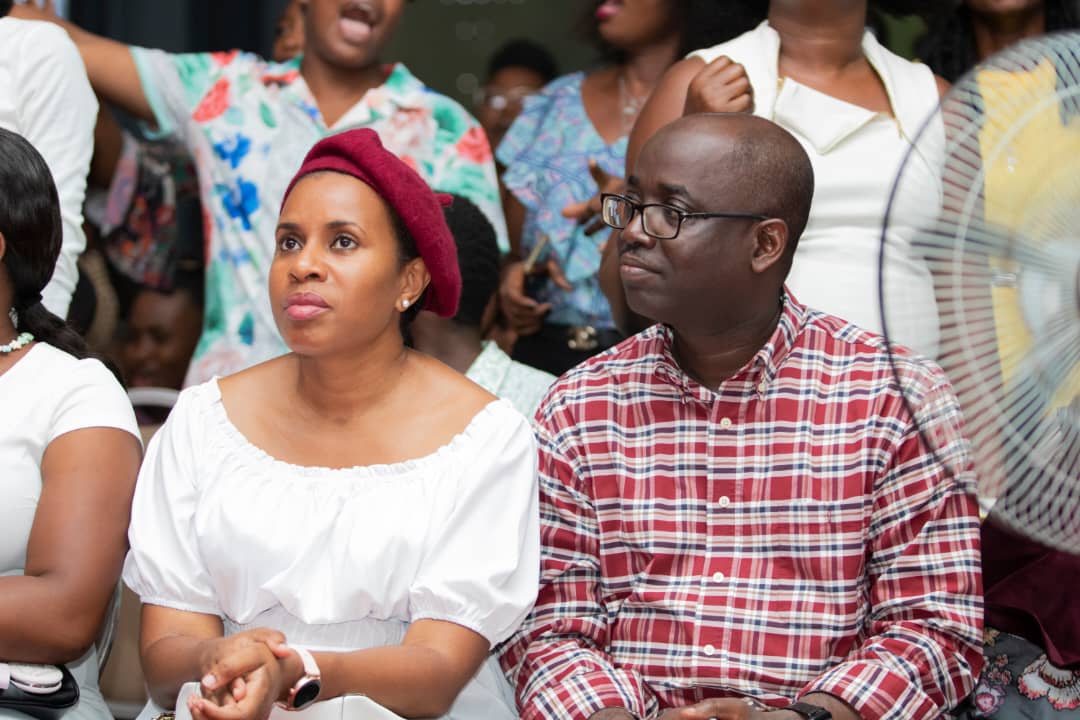When my wife and I decided we were moving to Haiti in 2010 after the devastating 7.0 magnitude earthquake, we knew we were coming to a battlefield.
We were newlyweds—young, full of vigor and conviction that we could change the world. We packed our bags and left Jackson, Mississippi, for Cap-Haïtien without even knowing the house we would move into. Some of our friends called us foolish. “Everyone is trying to escape this godforsaken place but you,” they said.
Indeed, moving back to my homeland after a disaster that devasted the country was like swimming upstream against the current. But I was only trying to be obedient to God’s call.
I was the only child among nine siblings to finish high school. After graduating in 1995, I spent five years pleading with God to send me to college. But I always wanted to study abroad and in English, a very ambitious dream that made me look ridiculous to many of my friends and relatives.
One day in January 2001, while I was crying to the Lord on my knees in my devotion, the Lord finally answered me, but with a clear and unmistakable command. In my spirit I could clearly hear the voice of the Lord telling me, Wherever in the world I send you, I need you to return and serve me in Haiti. I agreed to the deal. I had no other option!
The Lord subsequently sent me to many beautiful and wealthy countries across the world. I began my studies in Jamaica, where I met my wife. Then I moved to Canada to complete my first degree, and then to the US and the UK for my master’s and doctoral degrees.
Since returning to Haiti, disease outbreaks, natural disasters, and political upheavals have been the daily routine. Our faith, hope, and resilience have been seriously tested. Within months after returning, by December 2011, I was on the brink of packing my bags and migrating permanently back to North America.
We could barely put food on our table. We struggled to pay our rent. Our car was stolen by a shipping agent. The cholera pandemic was rampant. We had no electricity. We felt abandoned by God and started to question our decision to return to Haiti.
But we found strength and encouragement in Scriptures like James 1:2–4, which reads, “Consider it pure joy, my brothers and sisters, whenever you face trials of many kinds, because you know that the testing of your faith produces perseverance. Let perseverance finish its work so that you may be mature and complete, not lacking anything.”
This is the reason we are still here fighting the good fight. But the battlefield has never been so overwhelming as it is today.
Since our president was assassinated in 2021, the country has spiraled into a dark sinkhole and has been surrounded and battered by troubles of all kinds. We have been physically exhausted. We have been mentally drained. We have been economically depleted. We as the church have been spiritually terrorized. The battle has never been so fierce.
Even as these situations have intensified, it’s been an increasing struggle to share this load. This past year, the Biden administration made it easier for Haitians to live and work in the US. Within six months, 70 percent of my church board migrated to the US. (As of the end of September, more than 85,000 Haitians had arrived in the US.)
Such a program has been a blessing to individuals and families who might have a better life in America. But it is a curse to my country because it is ridding Haiti of its most brilliant and upright people easily and quickly. It reinforces the escapism mindset that enslaves so many Haitians and kills our desire to fight for sustainable change in our country. It represents a golden calf alluring our most faithful believers to trust man, rather than God, to supply their needs.
As I’ve wrestled with the loss of my community, I’ve been kept up at night with questions. How do I comfort the church after our drummer and bus driver, a 28-year-old young man, died unexpectedly? How do I answer the pleas of so many people in need of food, school supplies for their children, medicine, shelter, and spiritual deliverance?

As a leader in my community, what do I say when those who should be in jail are imprisoning people in Port-au-Prince? How do I articulate a theological response to gangs interrupting church services at will in the capital? What do I tell people to do when gang members enter their villages and take their land, homes, and goods?
Now that a dispute over a canal has led to the close of the border between Haiti and the Dominican Republic, how do I encourage people whose livelihood has always been linked to the bi-national trade between the two countries?
As the president of Emmaus University, how do I tell my students that we will soon no longer be able to feed them as food costs skyrocket? How do I prepare the next generation of Haiti’s leaders at Emmaus to stop their training during this desperate time because we simply can’t continue to afford financial aid?
How do I wrestle with the reality that Haiti desperately needs Christian leaders with integrity when I’m struggling with the challenges of fundraising for a library, classrooms, and scholarships?
That is the everyday reality in the battlefield, and I’m overwhelmed. What now shall I do? Do I run for my life and leave everything behind?
While my body might be physically safe elsewhere, I know leaving Haiti would cause my soul to languish. I would rather die on my knees on the battlefield with my heart at peace than enjoy the comforts of this life with a broken spirit.
Let the battle rage. Let me fulfill my calling, until my Lord Jesus says it is time for me to get my crown. We shall prevail as we stand firm on the words the apostle Paul spoke long ago to the Corinthian church, saying, “We are hard pressed on every side, but not crushed; perplexed, but not in despair; persecuted, but not abandoned; struck down, but not destroyed” (2 Cor. 4:8–9).
Today’s reality might soon change. But right now, the pressure is overwhelmingly strong. To our church family around the world, please pray for and stand strong with us in remaining in Haiti and finishing the race.
Guenson Charlot is the president of Emmaus University in Acul-du-Nord, Haiti. You can learn more from his wife Claudia’s book, Haiti: The Black Sheep?. You can reach Guenson via email at guenson.charlot@emmaus.edu.ht













